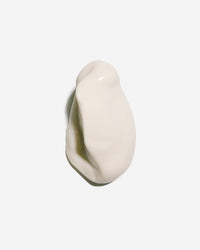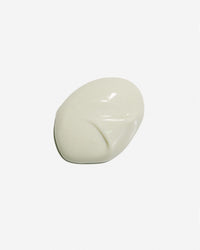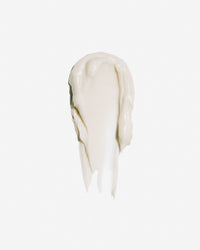In winter, blood vessels constrict, and blood is directed primarily toward vital organs to warm the body. The skin receives less water and less sebum, becoming drier and may feel tight or itchy.
1 - Vary the textures
To maintain beautiful skin, it's essential to moisturize it deeply and regularly. For your face, using a moisturizer suited to your skin type is more important than ever. If your skin tends to become significantly more sensitive, alternate your usual cream with a sensitive skin cream.

Next, a hydrating mask will help relieve discomfort caused by the cold. Their luxurious, velvety texture provides maximum comfort to all skin types, even the most sensitive, and deeply nourishes.
For the body, a balm rich in waxes and vegetable oils will ensure long-lasting hydration and comfort the driest skin.

In winter, lips are more exposed to the cold and are more fragile because they lack a hydrolipidic film and therefore cannot protect themselves as well as other areas of the skin. As a result, they lose their elasticity and can crack.
Our lip balm enriched with high-quality natural active ingredients will play a protective and restorative role. Its active ingredient Luteana TM: a Tahitian micro-algae - Soothes sensitized skin, reduces inflammation, decreases skin sensitivity, and strengthens skin barrier function. This innovative natural active ingredient contains polyunsaturated fatty acids from the omega-3 family and phycosterols that will soothe sensitized and damaged skin.

2 - Protect your skin from the sun
We often forget, but even in winter, the sun continues to attack our skin. Our skin is poorly prepared for it, and while UV protection isn't necessary in the city, it is essential during a long walk or skiing. Snow reflects 85% of UV rays, and the higher you go, the more harmful the sun's rays are, so we apply high levels of sun protection , even on overcast days.

3 - Adopt an anti-cold diet
 |
Our dermatologist advises drinking at least one liter of water per day because in winter, the skin becomes as dehydrated as in summer. |
During the winter season, favor foods that contain omega-3 , these essential fatty acids that ensure cell cohesion and the waterproofing of the epidermis. They are found in borage oil, rapeseed oil, lamb's lettuce, walnuts, oily fish or oilseeds (pumpkin seeds, chia seeds). Also stock up on vitamin C with oranges, kiwis or cabbages.
Finally, and this is true all year round, avoid processed foods containing saturated fats as much as possible, as they increase the risk of skin irritation.




